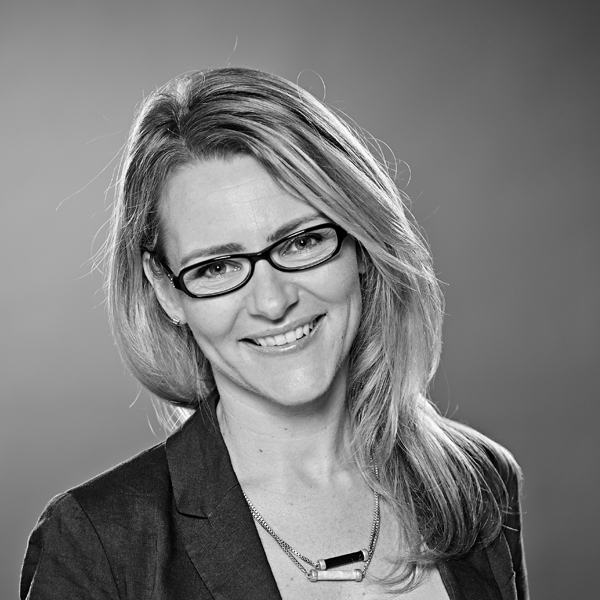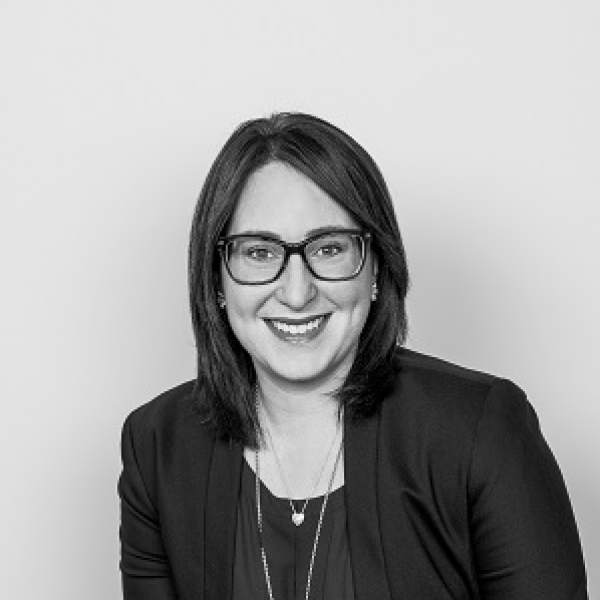
ASKING FOR A FRIEND
How do I talk to my boss about keeping or getting more flexibility at work?
ASKING FOR A FRIEND - QUESTION
Worried about losing your work-from-home flexibility? Kimberlee Wells, CEO of TBWA, and Amanda Mechanic, workplace wellbeing expert, share their insider strategies for having productive flexibility conversations with your boss. Discover why thinking "task, not time" could be your secret weapon, how to frame requests around business benefits, and what leaders are really worried about when it comes to remote work. This practical guide helps you navigate the return-to-office transition while protecting both your wellbeing and your career. Perfect for anyone wondering how to keep the flexibility they've grown to love.
Navigating the Flexibility Conversation with Your Boss
The return to office has left many of us wondering how to maintain the work-life balance we've grown to love. If you're feeling anxious about losing the flexibility you've gained over the past few years, you're not alone.
This question was answered by Kimberlee Wells – CEO of TBWA – who brings extensive leadership experience in advertising and digital agencies, and Amanda Mechanic – Manager for Caraniche at Work and registered psychologist – who specialises in workplace wellbeing and organisational change.
Think Task, Not Time
The default conversation often revolves around "three days in the office, two days at home," but Kimberlee suggests a smarter approach. At TBWA, they've redefined flexibility based on the task rather than time.
"There's certain aspects of your role that you can absolutely perform independently, but then there are other aspects where you really need to make sure you are contributing as a team in a face-to-face environment," Kimberlee explains.
Consider which parts of your role require deep thinking without interruption, and which need collaboration and spontaneous creativity. This task-based approach gives you a stronger foundation for your conversation.
Make It About Business Benefits
Before approaching your boss, get crystal clear on your own definition of flexibility. Then, as Kimberlee advises, "tackle it from a lens of how you believe the business will benefit from your approach to flexibility."
If you're more productive working remotely for tasks requiring deep focus, that's the conversation to have. "Too often conversations on flexibility stop short of why and how it's likely to work for the business," she notes.
Come Prepared and Stay Open
Amanda emphasises the importance of mental preparation: "Be prepared mentally prepared for the conversation well ahead of when the conversation is actually taking place."
Have a clearly articulated plan explaining why flexibility matters to you, your team, and the organisation. But also stay flexible yourself. "Be open to counter arguments and be open to compromise," Amanda suggests.
Address the Perpetuity Fear
Businesses worry about flexibility requests becoming permanent demands without consideration for changing needs. Kimberlee points out that the best definition of flexibility is being "in the right place at the right time when you and your team need you to be there."
Be prepared to discuss how you'll handle exceptions, like important presentations or urgent collaborative work. Show that you understand the collaborative nature of creative work.
Consider Your Leader's Perspective
Put yourself in your boss's shoes for a moment. Kimberlee highlights a key concern: "What concerns me personally the most at the moment is reinvesting back into our culture."
Leaders are thinking about maintaining team culture, spontaneous collaboration, and that "sense of joy that we have when we are riffing off each other." Acknowledge these concerns in your conversation and show how your flexibility request can still support team dynamics.
Remember, this conversation isn't just about where you work – it's about finding the right balance that serves both your wellbeing and your team's success. Approach it with empathy, preparation, and openness to finding a solution that works for everyone.
our guests
Industry Leader

Kimberlee Wells
TBWA
Mental Health Expert

Amanda Mechanic
Host

